Increased influence of Turkey's government on judiciary hurts public trust in courts
Turkey's society has lost faith in the judiciary because of the administration's increased influence on the courts during and after the two-year state of emergency following the botched coup attempt of July 15, 2016. The length and obscurity of legal processes, lengthy detentions, the failure to comply with release rulings and the politicization of the judiciary were cited among the reasons why societal confidence in the branch is decreasing.
Duvar English
Turkish society's trust in the judicial system has deteriorated due to the increased influence of the government on the judicial branch during and after the two-year state of emergency following the botched coup attempt of 2016, a report by the European Commission-funded Balance and Supervision Network (DDA) revealed March 6.
"It would be impossible to trust the objectivity of a judiciary whose independence in questionable, and it would be impossible to expect it to arouse trust in those who come to it for help."
The length and obscurity of legal processes, lengthy detentions, the failure to comply with the release of rulings, and the politicization of the judiciary were cited among the reasons why societal confidence in the juridical branch is decreasing.
"The issues experienced in penal judicial cases, especially the uncertainty and unpredictability in lawsuits that deeply effect the public morale have deteriorated society's sense of justice and weakened trust in the law," said the report.
The prolongation of lawsuits about the murder of women and children, and about sexual abuse assault cases, along with the swaying of court decisions by public opinion, have violated the right to a fair trial, the DDA noted.
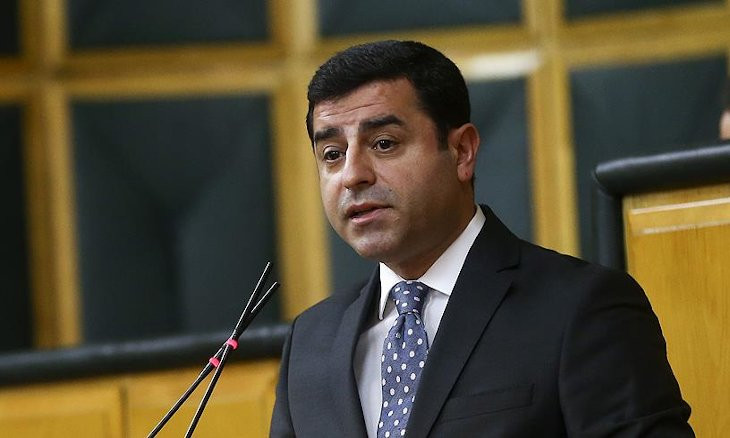 Demirtaş says Justice Ministry preventing lawyers from accessing his case file
Demirtaş says Justice Ministry preventing lawyers from accessing his case fileAnother practice that's damaged public trust in the judiciary is the court's failure to comply with Turkey's Supreme Court (AYM) decisions as well as rulings from the European Court of Human Rights (ECHR), the report said.
The ECHR ruled that the extended detentions were human rights violations in the cases of both the businessman, philanthropist and human rights activist Osman Kavala, and of former Co-Chair of the pro-Kurdish Peoples' Democratic Party (HDP) Selahattin Demirtaş. The Turkish judiciary still holds both in prison.
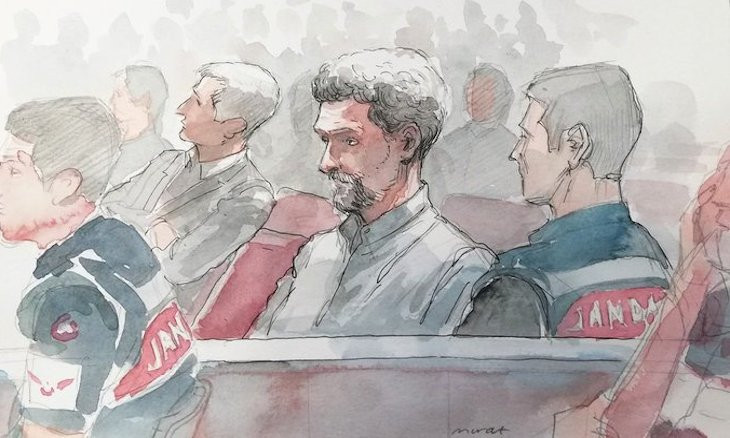 Osman Kavala to remain in jail despite European rights court release call
Osman Kavala to remain in jail despite European rights court release callSuggestions to reinstate public trust in the judiciary
In order to rehabilitate societal trust in the judicial branch regulations must be in place to ensure the courts' compliance with the principals of fair trials and the equality of legal resources among defendants, the DDA said.
Judicial reform should be implemented in accordance with reports by international authorities like the Consultative Council of European Judges (CCJE) and the Venice Commission, the report noted.
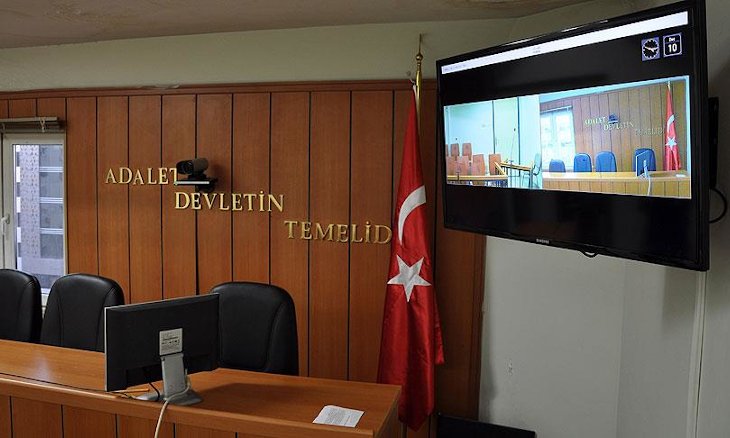
The use of the Voice and Video Information System (SEGBİS), which allows defendants to participate in hearings remotely, should be limited to a minimum, the DDA said, and the conditions for its use by defendants should be enforced vigilantly.
The use of this technology, considered a violation of the principal of in-person testimony, is considered another example of government interference in the right to a fair trial.
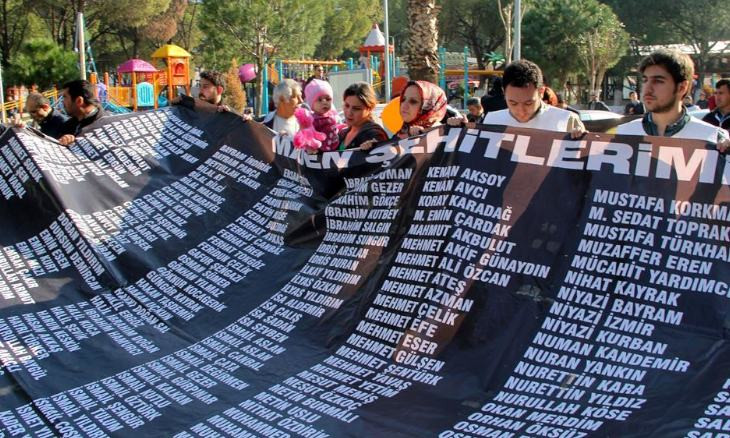 Turkey's top court says rights of Soma mining disaster victims violated
Turkey's top court says rights of Soma mining disaster victims violated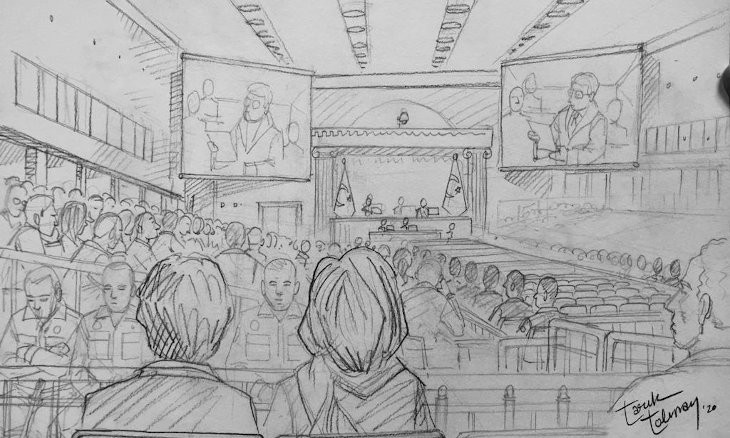 Turkey keeps ignoring ECHR decisions and CoE just watches
Turkey keeps ignoring ECHR decisions and CoE just watches
